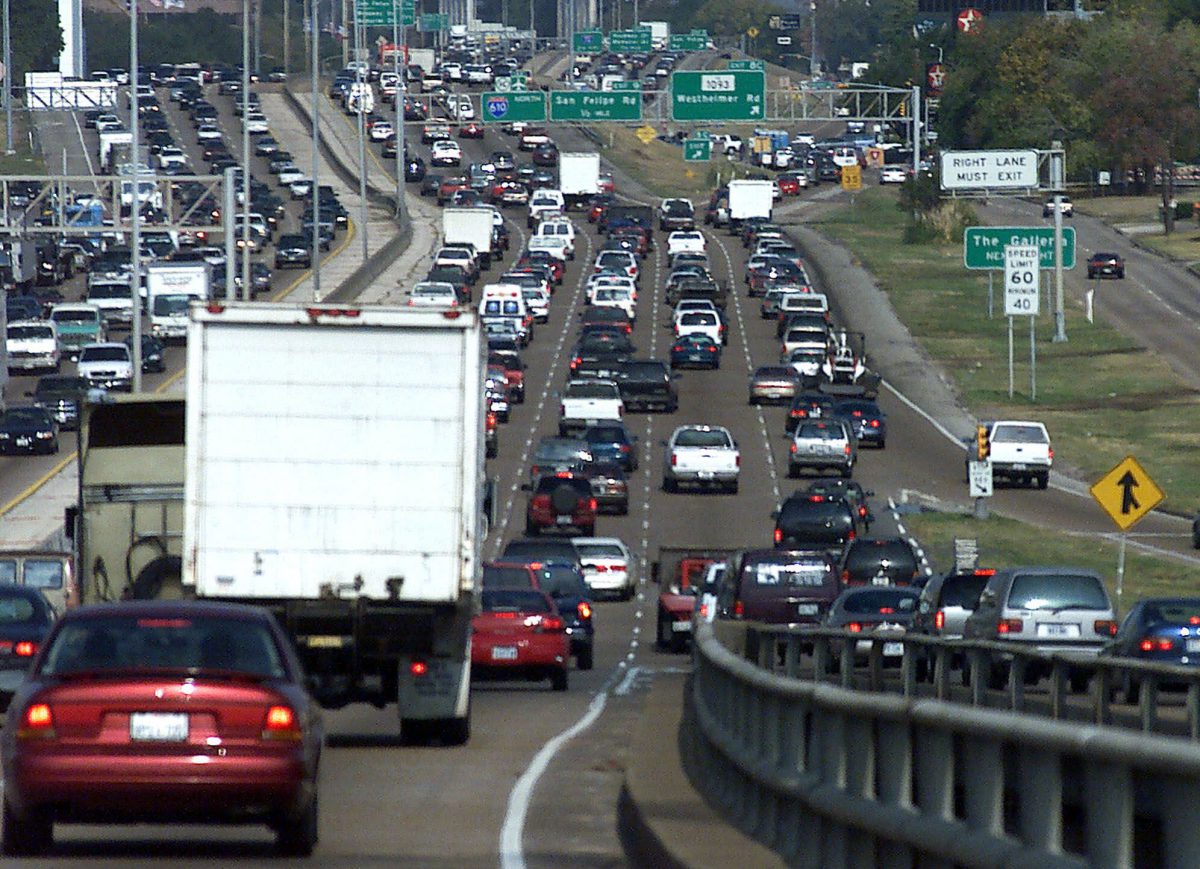Houston’s patchwork of tolling authorities could be made more efficient if the Harris County Commissioners Court approves to the Houston transit agency’s proposed agreement with the Harris County Toll Road Authority to outsource much of the county’s tolling operations. The arrangement could make life much easier for the thousands of drivers who use the county’s toll roads every day.
Videos by Rare
The Metropolitan Transit Authority board is scheduled to approve an agreement with the county agency on July 27. The agreement would go into effect in February 2018 and would streamline the tolling and billing operations on the city’s high occupancy toll (HOT) lanes. These lanes operate on the city’s busiest freeways, including Interstate 45, U.S. 59 and U.S. 290.
RELATED: Houston is hoping to get smart about traffic with new technology
Meanwhile, the HCTRA operates toll roads on the Sam Houston Tollway, the Westpark Tollway, the Tomball Tollway and the Hardy Toll Road. Many of these drivers use EZ Pass decals issued by the HCTRA, but are forced to pay separate tolls to use Metro’s HOT lanes. This duplication of effort can add up to double billing, higher prices, and confusion for drivers.
The proposed agreement would allow users of both Metro and HCTRA toll roads to have a single point for paying tolls, billing inquiries, and settling disputes through the current HCTRA system. Metro board member Jim Robinson stated that the proposed agreement “is a much more desirable way to guarantee due process.”
RELATED: Beltway 8 Will Never be Toll Free – Probably
The agreement would also allow Metro to save up to $100,000 per month over their current agreement with TransCore. The TransCore contract expired in February, allowing HCTRA to step in and begin working with Metro’s toll road system almost immediately.



